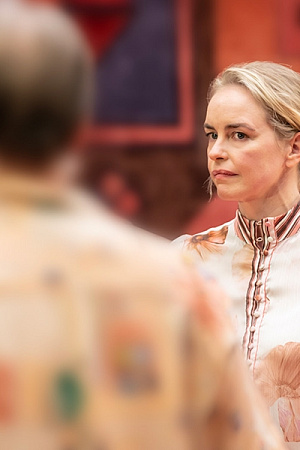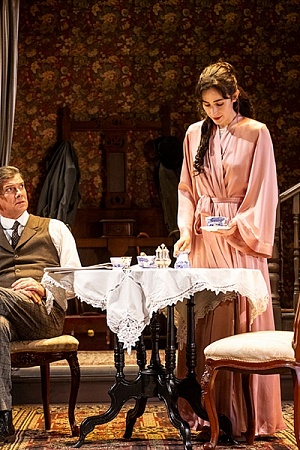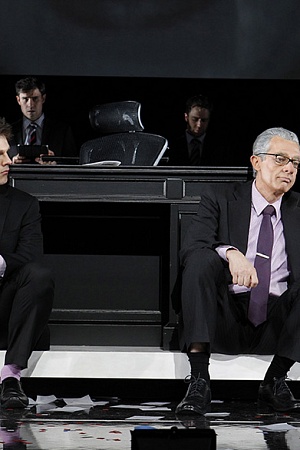Company
Shortly, Melbourne Festival will host a theatre company from New York as part of a cultural exchange between the two cities. On first glance, it may seem an unlikely pairing. New York is often referred to as the cultural capital of the universe, and Melbourne is the cultural capital of what one former prime minister labelled ‘the arse end of the world’. What could Melbourne possibly have to offer New York in such an exchange?
The answer may be glimpsed in Watch This’s production of Stephen Sondheim’s quintessential New York musical, Company. Alarming audiences when it opened in 1970 on account of the absence of plot and the deeply ambivalent protagonist, the show revolves around birthday boy Robert (Nick Simpson-Deeks), single and surrounded by ‘those good and crazy people my married friends’. Despite its geographic specificity, the piece seems to fit Melbourne rather snugly.
Continue reading for only $10 per month. Subscribe and gain full access to Australian Book Review. Already a subscriber? Sign in. If you need assistance, feel free to contact us.











Leave a comment
If you are an ABR subscriber, you will need to sign in to post a comment.
If you have forgotten your sign in details, or if you receive an error message when trying to submit your comment, please email your comment (and the name of the article to which it relates) to ABR Comments. We will review your comment and, subject to approval, we will post it under your name.
Please note that all comments must be approved by ABR and comply with our Terms & Conditions.